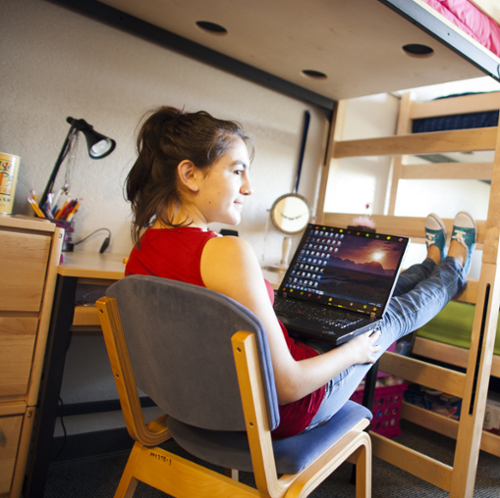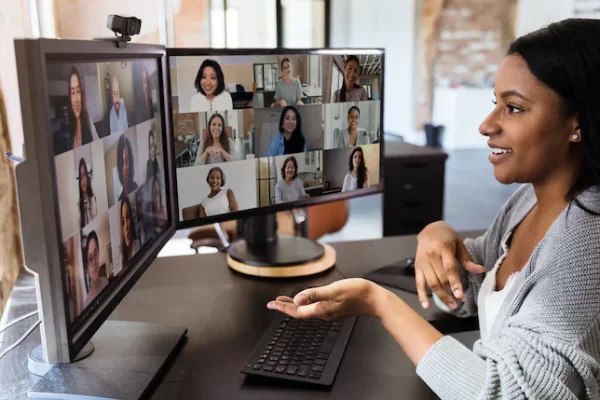Computers are some of the most powerful tools we have at our disposal. They can do amazing things, but they also present a number of security risks. Whether you’re at work, or at home, you can look at a risk rating model to help you understand your overall risk. From installing firewalls to using VPN’s, there are numerous ways to use your computers and smart devices wisely. Here are eight computer habits that will help keep your data safer:
Think Before You Click
If a friend sends you an email with a link to a website that seems questionable, don’t click on it. Be especially wary of links in emails from people you don’t know or from companies that haven’t been in contact with you recently. Don’t use public computers for online banking or shopping. Even if the computer is located inside a bank branch and looks like all the other computers, hackers may have planted malicious software on it specifically to capture your financial information — and perhaps more than just your credit card numbers.
Use a Virtual Private Network (VPN) When You’re Online in Public
A Virtual Private Network (VPN) is a private network that uses public internet connections to connect. VPNs are used for all sorts of things, but the most common is security and privacy. A VPN can be used to access websites that are blocked in your country or to browse the web anonymously. It’s important to note that if you’re using a free VPN service that has advertisements on it, then you need to be careful not to click these ads.
Be Careful When Using Social Media
Social media can be a great way to connect with friends and family, but it also has the potential to put you in danger. Criminals are not above spying on social media accounts for information that may help them hack your computer or steal your identity.
Be careful about what you post. Posting personal information, such as where you live or work, makes it easy for criminals to target you. Also, use caution when it comes to kids. You might think a photo is innocent, but unless you have a private account with only people you know, then your kids will be at risk.
Never Use the Same Password for any of Your Accounts
You’ve probably heard that you should use strong passwords, but many people don’t even know what that means. To keep your accounts safe, avoid common phrases or anything that can be identified with you or your life. Passwords should be at least 8 characters long and contain uppercase and lowercase letters, numbers, and special characters. Passwords are useless if you use the same one for every account because once a hacker gets access to one of your accounts, they will often try variations of the same password on your other accounts.
Never Give Out Personal Information on the Phone Unless you Initiated the Call
If you are not sure who is calling, hang up and call the company back using an official phone number from the website or the back of your credit card. Never provide your personal information to a company unless you trust them. If you are unsure, do not give out any personal information at all. This includes “verifying” information. Again, call the company directly to talk with someone if needed.
Make Sure Automatic Updates are Turned On
While updates can be annoying, they are one of the ways to keep your computer systems protected. They fix bugs and security holes in the software, so you don’t have to worry about those things. Automatic updates ensure that your operating system, your software solutions and your anti-virus and anti-malware programs are all working at their very best to protect your data.
Use Two-Factor Authentication Whenever Possible
Two-factor authentication adds another layer of security to your accounts. To log in, you need both the password for your account and a second code sent to a device you control. This is called two-factor authentication because it requires more than just one set of information to verify your identity.
Make Regular Backups of all Your Files and Data
Backups are an essential part of any computer security strategy. You can back up your data through a physical or digital storage device, such as a hard drive, flash drive, or external USB drive. Local backups are stored on the same device as where you’re storing your data; remote backups are stored off-site, like in a cloud storage system. All backups should be stored locally and remotely.


